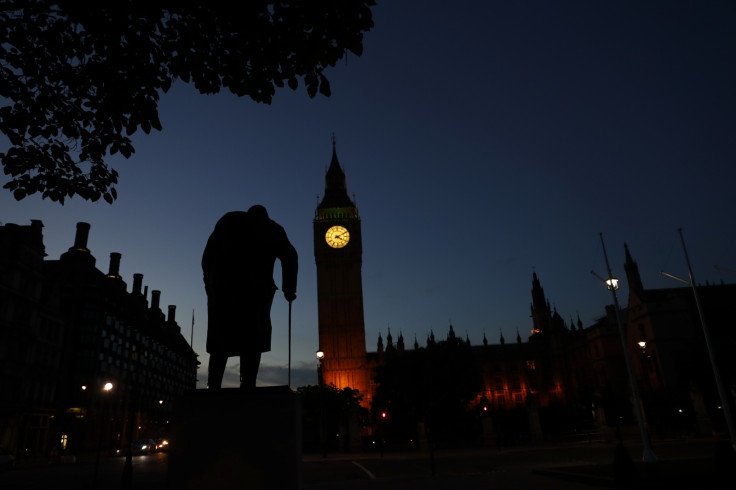Brexit: What happens next, from the UK's new prime minister to Article 50?
Politicians must now work through a multitude of issues, from who leads the UK to a trade deal with the EU.
As Britain wakes up to the news that voters have chosen to leave the European Union, the question on everybody's lips is: what next? All eyes immediately turned to the future of David Cameron's leadership, with Ukip leader Nigel Farage calling on the prime minister to step down "immediately".
More than 80 Eurosceptic Conservative MPs signed a letter saying Cameron has a "mandate and duty" to continue as prime minister of the first country in history to vote to leave the EU. But despite the backing, Cameron announced he will step down as prime minister after six years at the helm in an emotional address outside 10 Downing Street.
Over the course of the referendum campaign, the Conservative leader insisted he would continue as prime minister whatever the outcome. The cabinet is set to meet on 27 June to draw up a timetable for his resignation.
How will negotiations look?
A critical decision is when to trigger Article 50 of the Lisbon Treaty, which will give the UK two years to negotiate the terms of its departure. The clause states: "In the light of the guidelines provided by the European Council, the Union shall negotiate and conclude an agreement with that State, setting out the arrangements for its withdrawal, taking account of the framework for its future relationship with the Union."
Crucially, the decision to invoke Article 50 is a matter for the prime minister, not parliament, although it can pass a motion instructing him not to do so. If the UK is unable to agree either a deal or an extension, it will automatically face World Trade Organisation (WTO) rules, which translates into tariffs for all goods sold to the EU.
Labour leader Jeremy Corbyn has said that Article 50 should be invoked now.
What about trade?
Another key issue is whether to leave the European single market and therefore end the free movement of people as well as goods, capital and services, as Leave campaigners pledged to negotiate a different arrangement. Norway, for example, is not an EU member but it does have access to the single market.
German finance minister Wolfgang Schäuble previously said that access to the European single market would be permanently closed to Britain should the nation vote to leave.
New trade deals with the EU are an inevitability, according to Simon Hix, a professor of Political Science at LSE. "The EU's single market would continue to be our dominant trading partner and we would inevitably have to apply EU single market rules to be able to sell our goods and services to the continent," Hix writes in the Telegraph.
"Put simply, whether we are inside or outside the EU we will continue to trade more with Germany than the US, more with Italy than India, more with Belgium than Australia, more with the Netherlands than New Zealand, more with Sweden than Canada, and so on, because geographic closeness is by far the biggest predictor of trade patterns."

Is there a risk of a break up of the union?
Yes. The EU referendum and the rhetoric surrounding it has been a hugely divisive topic in the UK and latest reports suggest that Northern Ireland and Scotland will call for a breakaway from the union. Former Scottish National Party leader Alex Salmond said the result could trigger a second independence referendum.
Current SNP leader, Nicola Sturgeon said "that the people of Scotland see their future as part of the European Union". She added: "We await the final UK-wide result, but Scotland has spoken - and spoken decisively."
The feeling of English voters dragging fellow British voters out of the EU against their will is also prevalent in Northern Ireland, which voted to remain by a majority of 56% to 44%. "The reality is that the people of the north of Ireland overwhelmingly voted in favour of Remain. Both republican and unionist, Catholic and Protestant and those of no faith background," Sinn Fein National Chairperson Declan Kearney was quoted as saying by the BBC.
"We now have a situation where English votes are going to drag the will of the people of the north of Ireland to remain within the EU, out of the EU. That is a huge democratic deficit. It demonstrates once more that the democratic deficit of partition now means that Brexit is the cost of partition".
© Copyright IBTimes 2025. All rights reserved.






















